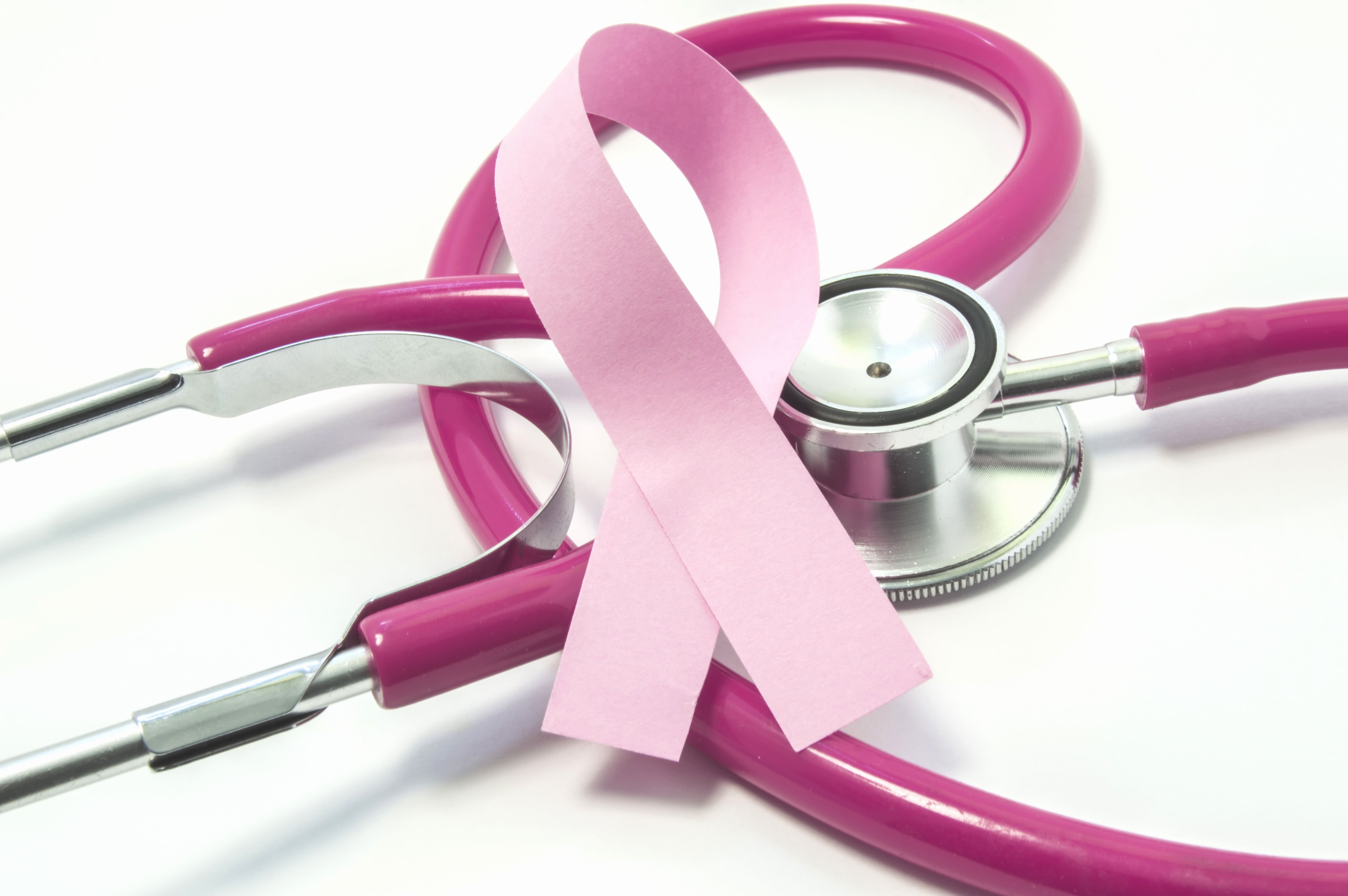- Bone Health
- Immunology
- Hematology
- Respiratory
- Dermatology
- Diabetes
- Gastroenterology
- Neurology
- Oncology
- Ophthalmology
- Rare Disease
- Rheumatology
Real-World Evidence Supports Biosimilar HLX02 in Metastatic Breast Cancer
HLX02 shows promise as a safe, effective trastuzumab biosimilar for HER2-positive metastatic breast cancer, enhancing treatment access and affordability.
Doctors in China are seeing encouraging results with HLX02, a trastuzumab biosimilar that may help expand access to treatment for people with HER2-positive metastatic breast cancer (MBC).1 A new real-world study from Fudan University Shanghai Cancer Center found the drug worked as well and was just as safe as the originator, even for patients who switched mid-treatment.
HLX02 shows promise as a safe, effective trastuzumab biosimilar for HER2-positive metastatic breast cancer, enhancing treatment access and affordability. | Image Credit: shidlovski - stock.adobe.com

The retrospective study, published in Frontiers in Oncology, analyzed outcomes for 124 women treated between April 2021 and October 2022. HLX02, launched in China in 2020 under the brand name Zercepac, is the first domestically manufactured trastuzumab biosimilar. Because the high cost of Herceptin (reference trastuzumab) has long limited treatment access,2 researchers set out to evaluate whether HLX02 could provide comparable outcomes in routine practice, and whether switching from originator to biosimilar raised any concerns.1
Among the participants, 80 were treated with HLX02 from the start, while 44 switched from Herceptin after several months. The median age was 53 years, and more than 60% of patients were postmenopausal. Nearly half were estrogen receptor–positive, and more than one-third had 3 or more sites of metastasis.
Results showed that HLX02 delivered similar effectiveness in both groups: 57.5% of patients who started with HLX02 responded to treatment, compared with 54.5% of those who switched (P = .751). Median progression-free survival (PFS) was 14.2 months across the full cohort, with no significant differences between groups. Instead, outcomes were more strongly influenced by factors such as brain metastases and the number of prior treatment lines.
Safety findings were also consistent across groups. More than 90% of patients experienced treatment-emergent adverse events, most of which were mild to moderate. Severe events occurred in 29% of patients, with anemia, liver enzyme elevations, leukopenia, and neutropenia among the most common. Infusion-related reactions and cardiotoxicity were rare, and no new safety signals emerged.
The authors emphasized that HLX02 performed on par with previous clinical trial results, reinforcing its role as a viable and cost-effective alternative to Herceptin. “Our findings support the use of HLX02 as a safe and effective treatment option for HER2-positive metastatic breast cancer,” they wrote, noting that the ability to switch safely between the originator and biosimilar could help reduce costs and expand access in resource-limited settings.
As with any retrospective single-center analysis, the study had limitations. The sample size was modest, and most patients received HLX02 alongside other antitumor drugs, complicating attribution of some adverse events. The results also may not be generalizable outside China. Still, the research adds meaningful evidence at a time when health systems are weighing substitution policies for oncology biologics.
For managed care decision-makers, the findings offer reassurance that transitioning patients from Herceptin to HLX02 is unlikely to compromise efficacy or safety. In countries where affordability remains a major barrier, biosimilars such as HLX02 may be key to making life-extending therapies more widely available.
References
1. Ye X, Wang L, Liu W, et al. Efficacy and safety of biosimilar trastuzumab (HLX02) in patients with HER2-positive advanced breast cancer: a retrospective real-world analysis. Front Oncol. Published online August 1, 2025. doi:10.3389/fonc.2025.1622854
2. Lammers P, Criscitiello C, Curigliano G, and Jacobs I. Barriers to the use of trastuzumab for HER2+ breast cancer and the potential impact of biosimilars: a physician survey in the United States and emerging markets. Pharm (Basel). 2014;7:943-953. doi:10.3390/ph7090943
Newsletter
Where clinical, regulatory, and economic perspectives converge—sign up for Center for Biosimilars® emails to get expert insights on emerging treatment paradigms, biosimilar policy, and real-world outcomes that shape patient care.
